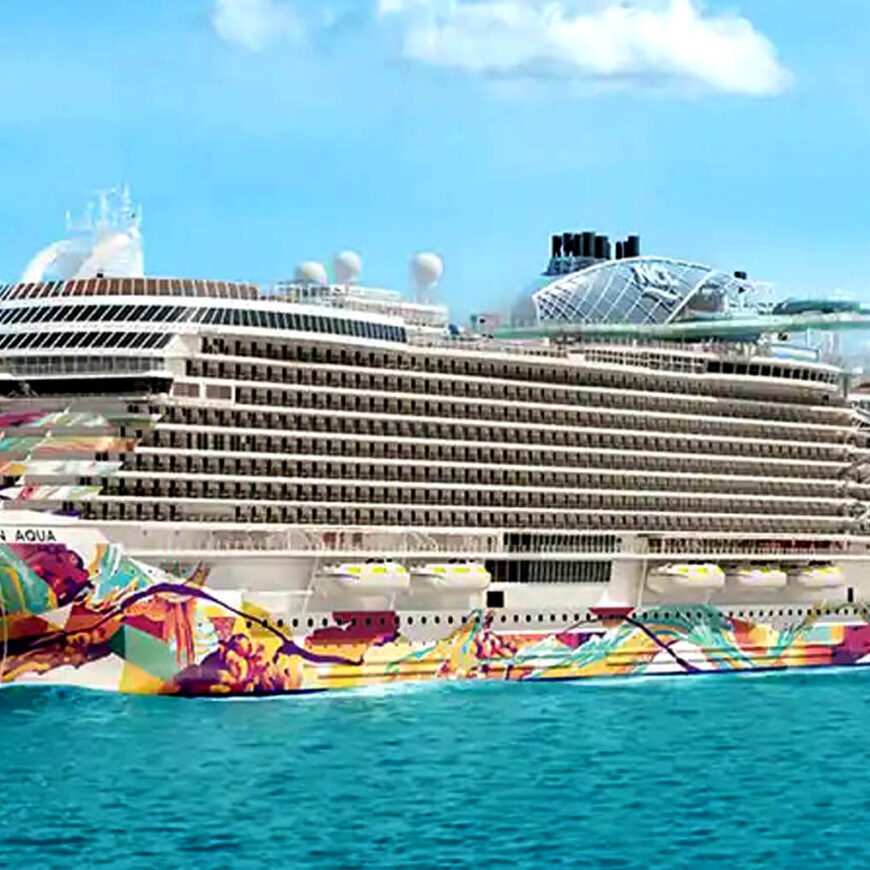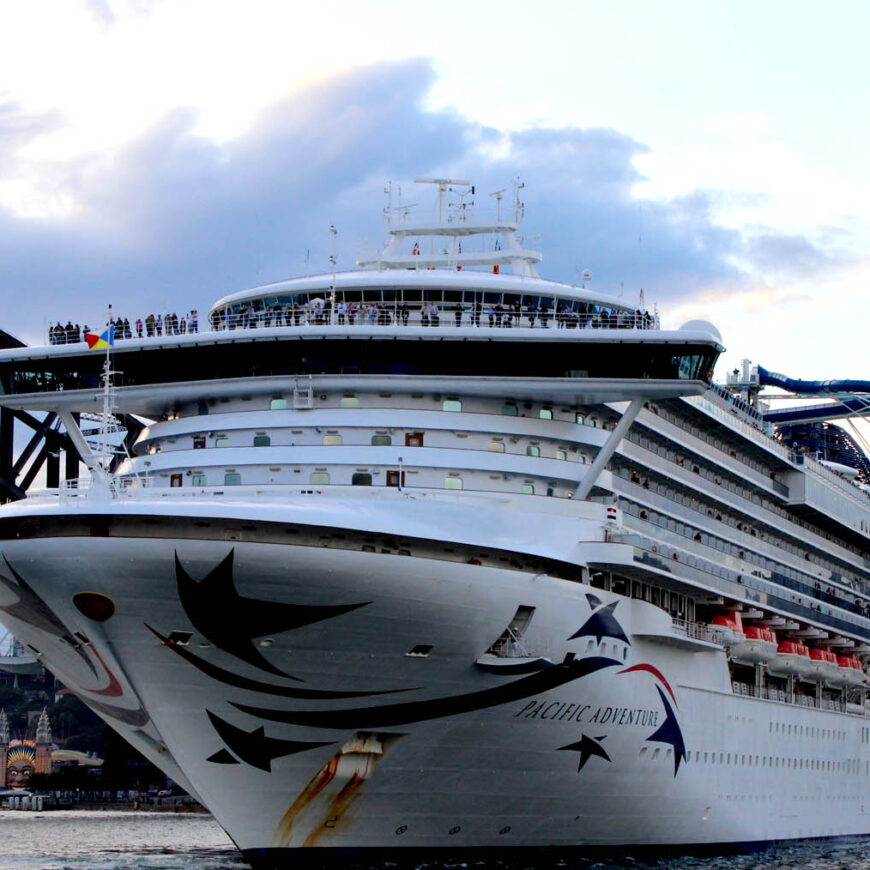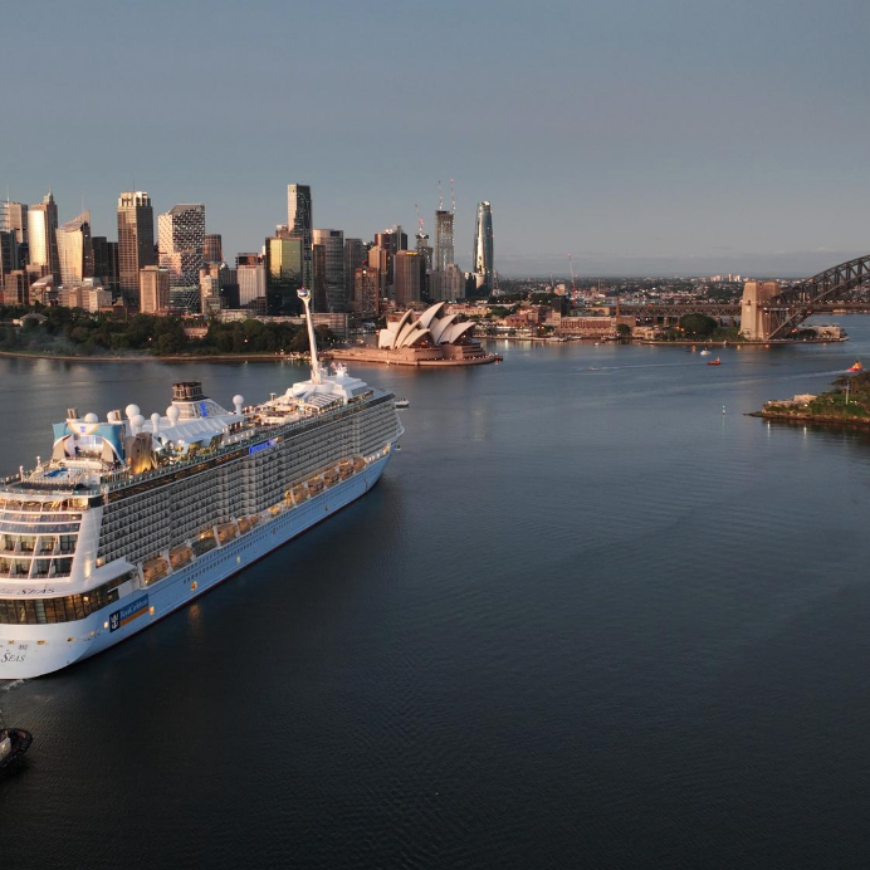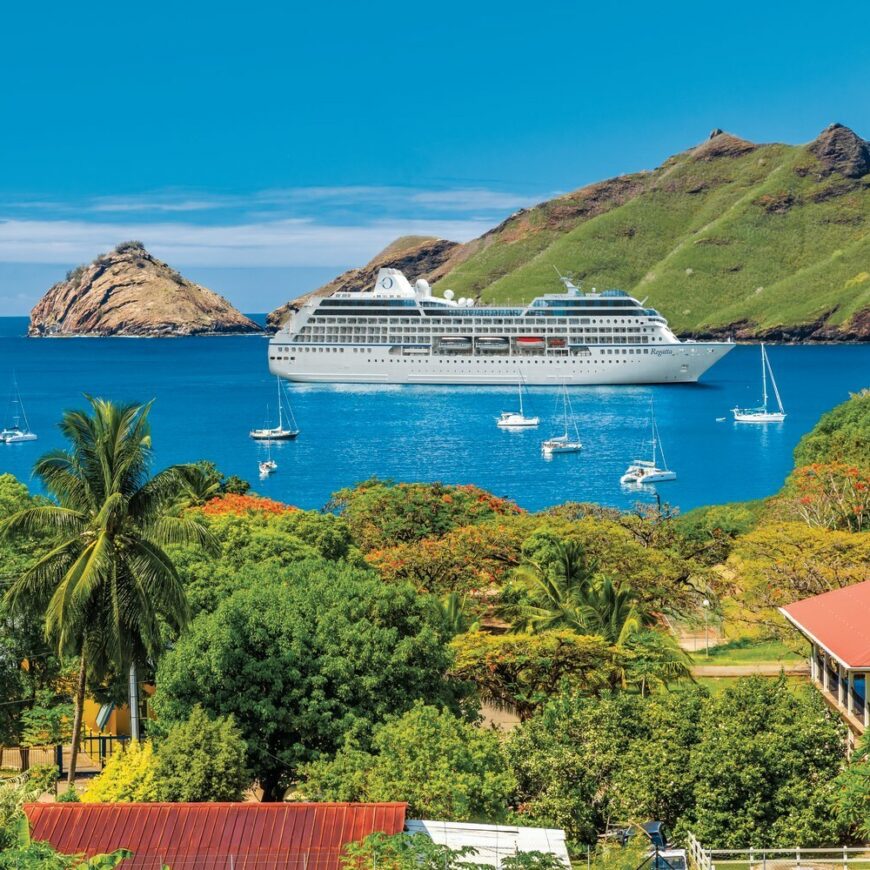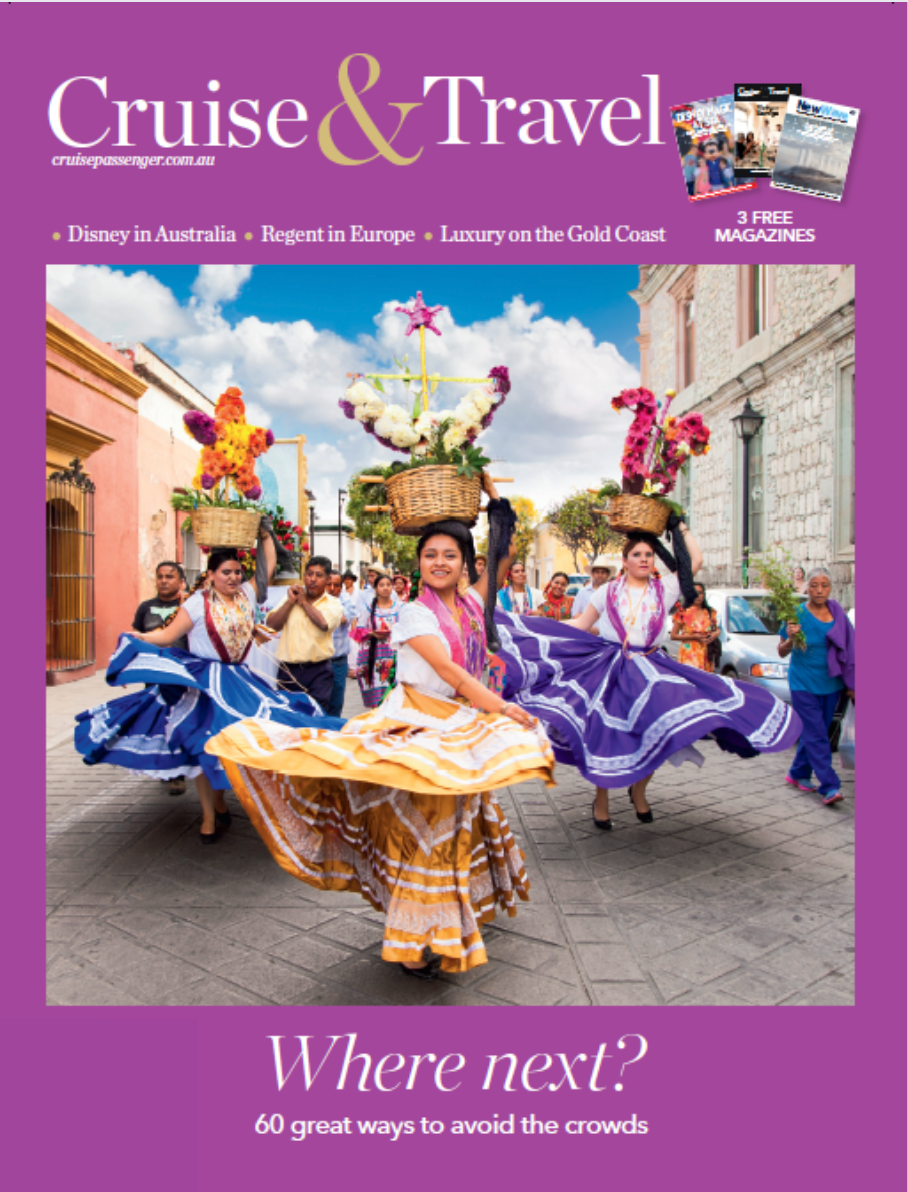The clause every cruiser should be frightened of
NewsWe’ve all heard the warnings, right? But how many of us really do read the small print?
Cruise Passenger reported last week on a group of passengers who have launched a fascinating class action suit against Scenic Tours for a European river cruise that they say became a coach tour. But besides the personal anger of these 1,300 passengers, the case serves as a stark reminder of the conditions cruisers agree to when they make their booking – whether they know it or not.
Both river and ocean lines include carefully worded clauses in their terms and conditions that stipulate they can change the cruise itinerary, schedule or vessel and are only required to inform guests “as soon as possible”.
They are also able to transfer guests between ports using “alternative modes of transportation” if the ship cannot continue for any reason. And while passengers acknowledge that issues beyond the control of the cruise lines will arise, how they handle them and the compensation offered is hotly debated.
In the Scenic Tours case, passengers claim they were not told of the changed itineraries until they had already boarded the ship, were given” false or misleading information”, and were transported in “poor quality coaches” and made to stay in “budget hotels” – a poor substitute for a cruise costing over $25,000 on Scenic’s usually luxurious all-inclusive five star vessels.
Damien Thomas, Scenic’s Chief Operating Officer said: “These were extreme circumstances with this level of flooding only occurring every 100 years. We do however always respond as best we can in these challenging circumstances, and aim to provide the highest quality service and travel experience”
The consumer group Choice’s Matt Levey told Cruise Passenger: “In every industry, consumers have the right to get what they pay for, and a luxury cruise is not a budget bus tour.
While it’s understandable that in the travel industry, circumstances beyond a supplier’s control will sometimes necessitate changes, that is not an excuse for replacing a premium service with something altogether different. In such circumstances, we believe customers should be given fair and adequate warning.”
Tim Somerville, founding partner of the firm leading the class action against Scenic (and a passenger on one of the affected ships), told Cruise Passenger that he expected the matter to go to court, and that this might mean better conditions for cruisers in the future.
But Scenic is by no means alone in having such clauses contested. Here, we list some other clauses that left cruisers high and dry:
2002 / Holland America Line
ms Ryndam lost power while cruising around Alaska en route to Glacier Bay. The port was cancelled and the ship instead spent a day in Auk Bay near Juneau while the problem was assessed. Passengers were offered between $75 and $200 onboard credit depending on their stateroom category, but many felt this wasn’t enough to compensate for missing the highlight of the cruise.
2006 / Royal Caribbean
A five-night Bermuda cruise from New Jersey onboard Voyager of the Seas was rerouted to New Brunswick and Nova Scotia, Canada, after hurricane warnings in the Caribbean – hardly a comparable destination. Passengers were only notified of the change immediately prior to boarding and the cruise line made no attempt to contact them individually. As compensation, passengers received just a $42.50 refund of port fees and 25% off a future sailing with Royal Caribbean.
2008 / Silversea Cruises
When a cruise is billed as “The Panama Canal Experience”, guests should reasonably be able to expect that they will see the canal. But this luxurious 15-day Silversea cruise sailed through the canal in complete darkness, much to the chagrin of passengers. The line claimed it was scheduled to sail through the canal in daylight and couldn’t have foreseen that it would be held up by other ships. Passengers were offered 20% off a future cruise.
2013 / Princess Cruises
When Princess cancelled the maiden sailing of the newly refurbished Sun Princess (pictured above in drydock in Sydney) from Singapore to Sydney, passengers were quickly offered a full refund, 100% credit for a future cruise and the cost of their return flights home. But many claimed that they were badly treated and that the line had misled them. The cruise was cancelled just hours before departure, but passengers said that the ship was nowhere near ready to sail with lighting and furniture still being installed. They claimed that the company didn’t assist passengers with making alternative arrangements, was difficult to contact and that refunds would take up to six weeks, leaving them thousands of dollars out of pocket.
2014 / Cunard
Passengers onboard Queen Elizabeth for a cruise from Southampton to Amsterdam’s Christmas markets were forced to spend four days doing circles in the English Channel because of bad weather. Silence from the captain and the strong smell of diesel onboard led to a near mutiny from passengers. But despite this, they were only offered $75 onboard credit as compensation. Cunard called the offer a “gesture of goodwill”.



